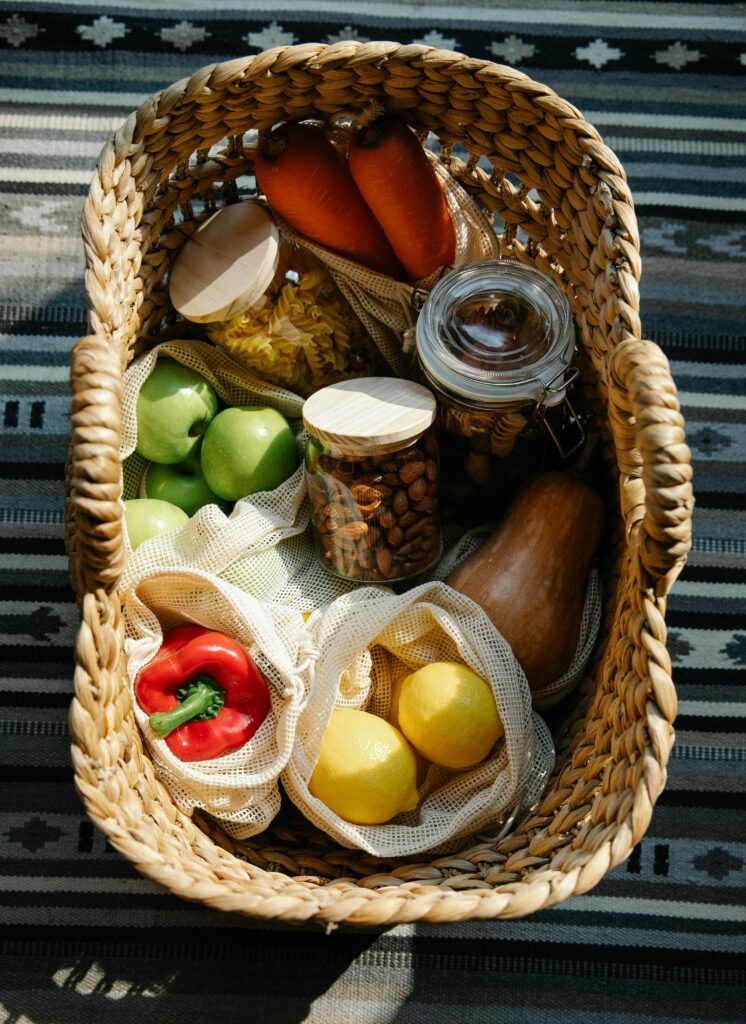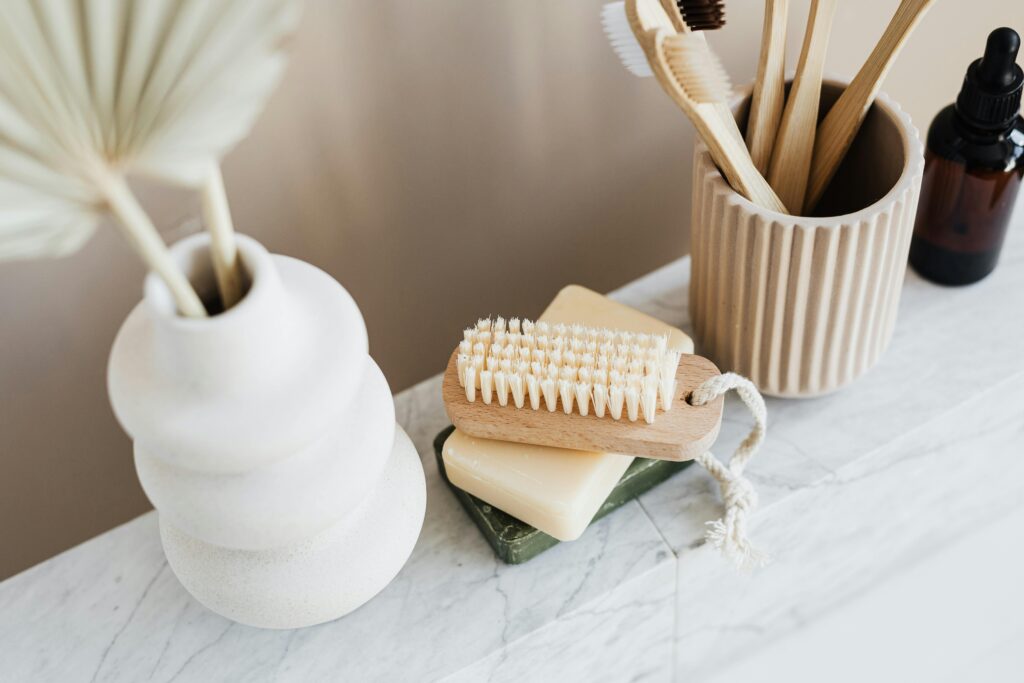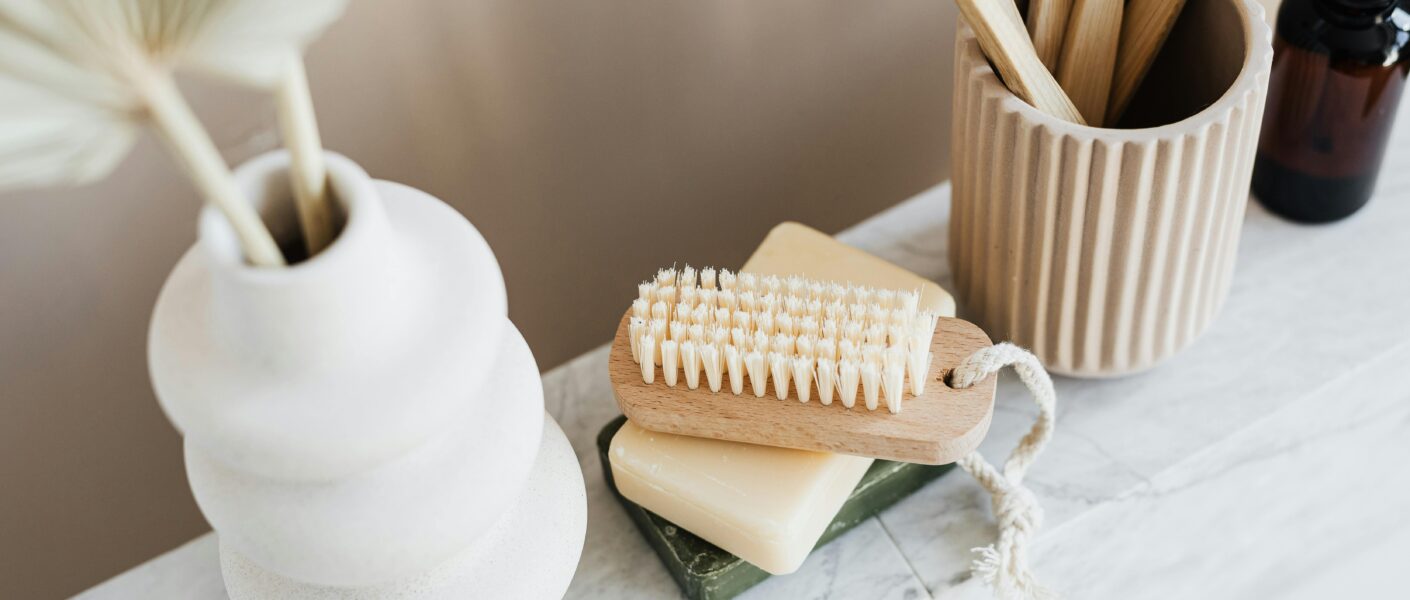Plastic Free July is an opportunity for all of us to take a step back and consider the amount of plastic waste we produce daily. This initiative encourages individuals to take meaningful action against plastic pollution. To celebrate this movement and contribute positively, I’ve compiled some simple ways we can all reduce single-use plastic in our homes.
While these changes may appear minor, their collective impact can be substantial. We often fall into familiar habits that can be tough to break, but my aim is to help you discover easy alternatives to decrease your plastic consumption. I get it—sometimes the thought of becoming more sustainable can feel daunting. Where do you start? Are you doing enough? Can your efforts truly make a difference?
The answer is a resounding yes! Every piece of single-use plastic you choose not to use is one less item polluting our landfills and oceans. Small, consistent changes lead to significant results over time.
You don’t have to undertake a massive project, like building a compost pile in your backyard (unless that excites you!). There are countless straightforward actions you can take to lessen your environmental impact and live more sustainably at home.
Once you start making these minor adjustments, they will become second nature, and before you know it, you’ll be a part of the solution. Ready to join in? Let’s look at where you can begin.
Start by evaluating your daily routines—think about your grocery shopping, household items, personal care products, and even food packaging like takeout containers and coffee cups. Identifying where plastic enters your life makes it easier to find viable alternatives.
1. Switch to Reusable Bags
One of the easiest swaps is to replace single-use plastic bags with reusable shopping bags. Keep a few handy in your car or near the front door, so you never forget them when you head out to shop. With various styles made from cotton or recycled materials, you can shop sustainably while adding a touch of personality to your grocery run.

2. Choose Glass or Stainless Steel Containers
Instead of using plastic containers for storing leftovers or prepping meals, opt for glass or stainless steel options. These materials are sturdy, microwave-safe, and free from the harmful chemicals often found in plastic. Plus, they’re excellent for keeping food fresh without the risk of leaching.
3. Try Beeswax Wraps
Ditch the plastic wrap and embrace beeswax wraps for your food storage needs. These eco-friendly alternatives are fantastic for covering bowls or wrapping sandwiches, and they’re reusable and washable. With an array of fun designs available, you can make food storage both sustainable and stylish.
4. Invest in a Reusable Water Bottle
Plastic water bottles contribute significantly to waste, so investing in a high-quality reusable bottle is a great choice. Opt for stainless steel or glass bottles, and you can enjoy fresh water without adding to plastic pollution. Plus, many bottles come with built-in filters for added convenience.
5. Use Bar Soap and Shampoo Bars
Instead of buying liquid soaps and shampoos in plastic bottles, consider bar soaps and shampoo bars. These alternatives often come in minimal packaging, usually paper or compostable materials. They’re not only better for the environment but also often contain natural ingredients that are gentler on your skin and hair.

6. Explore Bulk Buying
Visit bulk food stores where you can bring your containers and fill them with grains, nuts, and spices. This practice not only helps you avoid plastic packaging but can also save you money while supporting local businesses.

7. Make Your Own Cleaning Supplies
Crafting your own cleaning products can significantly cut down on plastic waste and minimize exposure to harsh chemicals. Simple ingredients like vinegar, baking soda, and essential oils can create effective cleaning solutions without the need for plastic packaging.

8. Say No to Plastic Straws
If you enjoy sipping beverages through a straw, consider switching to reusable options made from stainless steel, silicone, or bamboo. Many cafes offer eco-friendly straws upon request, so don’t hesitate to ask!
9. Choose Plastic-Free Takeout
When ordering food, look for restaurants that prioritize eco-friendly packaging. Many eateries are moving away from plastic containers in favor of biodegradable or compostable materials. If you bring your own containers, some places will gladly accommodate your request, further reducing waste.
10. Support Sustainable Brands
Pay attention to the brands you choose to support. Many companies are making strides toward sustainability and producing products with minimal or no plastic packaging. By opting for these brands, you contribute to a growing demand for environmentally friendly products.




